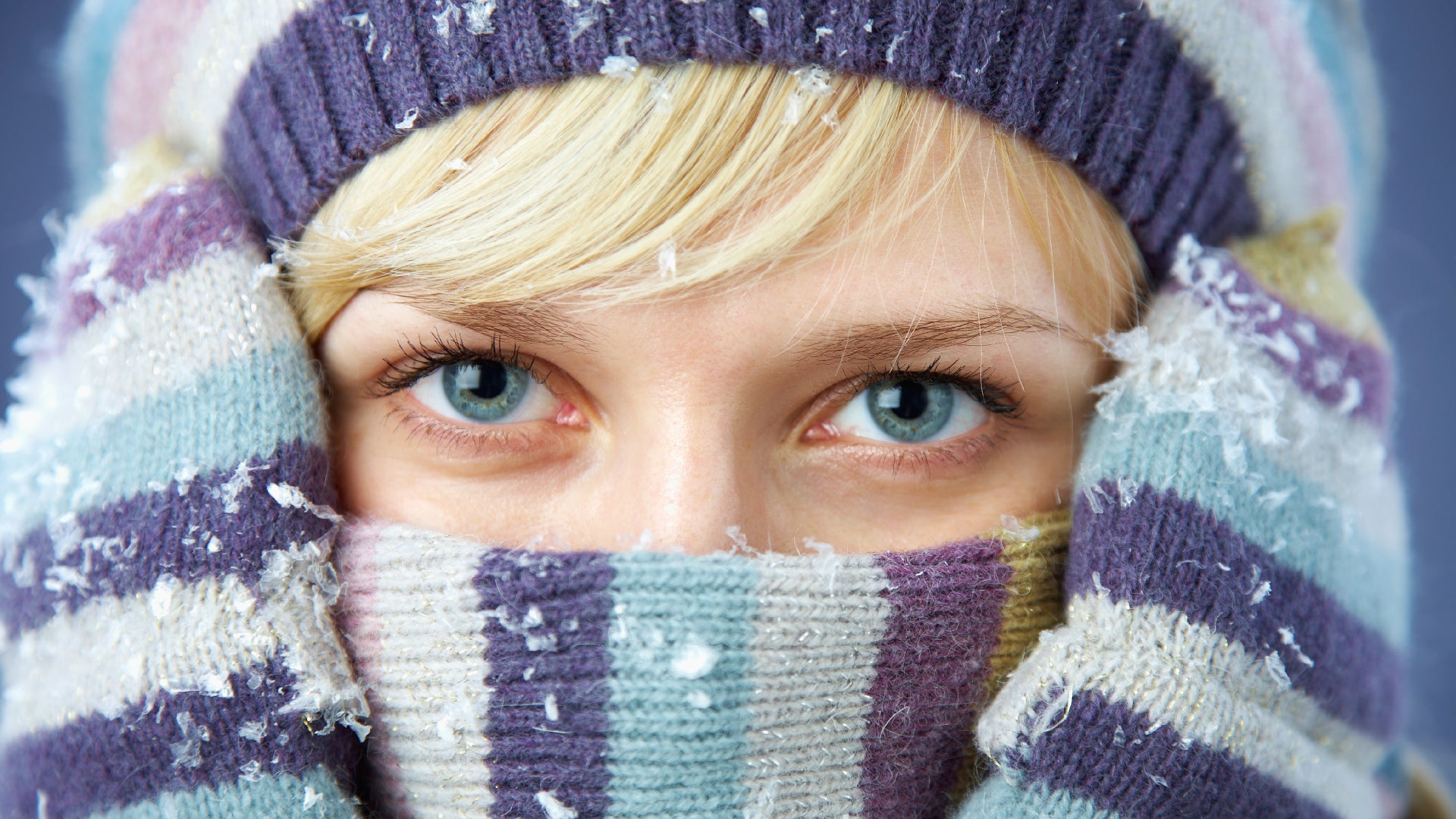
5 Unusual Things That Can Trigger Breakouts
No idea why you’re getting an influx of acne right now? Many lifestyle habits can trigger your breakouts – and sometimes they’re found in the most unsuspecting places.
As you know, acne is caused by one thing and one thing alone: an excess of sebum that causes your pores to become blocked with oil, dead skin cells, bacteria and other impurities. Eating too much chocolate doesn’t give you pimples. Neither does moisturizer. Sure, they can trigger breakouts if you’re genetically susceptible to them, but acne isn’t caused by uncleanliness, a poor diet or crummy skincare routine. It’s caused by blocked pores. End of.
OK, so this begs the question: why bother trying to cure them if your breakouts are totally out of your control? Well, here’s the thing. You can’t change your genes, that’s for certain. However, what you can do is keep acne-triggering factors under control to help lessen the blow. Sleeping well, reducing emotional stress and eating a healthy, well-balanced diet; all these things are important for maintaining balanced sebum and therefore reducing the likelihood of you breaking out week after week.
But there are also some less obvious reasons why you face might be suffering with regular breakouts. So if you’ve already dispensed with things like smoking, poor cleansing and too much exfoliation, but you’re still getting pimples on the reg, it might be time to look at some of the more unexpected areas of your life.
On that note, read on for five slightly more unusual causes for your breakouts.
1. Your Pillowcase
Getting enough beauty sleep is crucial for the health of your skin, but if you’re sleeping on a dirty pillowcase for a solid eight hours every night dirt and bacteria is inevitably going to build up and irritate your pores. This is especially true if you sleep on a synthetic pillowcase because man-made fibers don’t absorb sweat as effectively as natural fibres like cotton or linen.
The answer? Go natural all the way, for starters. Also, cleanse and moisturize your skin before bed to reduce the amount of grime getting on your pillowcase. Tea Tree Super Cleanser+ is a great acne-fighting cleanser that balances and clarifies your pores. Follow this with Retinol Moisturizer to lightly hydrate and moisturize your skin while boosting cellular turnover to keep your pores free of dead skin cells.
Finally, wash your pillowcase every three or four days. And ditto, your face towel. Old, dirty towels that are used by the whole family for drying their hands and who-knows-what-else are another breeding ground for germs and bacteria. Do you really want to be swiping this all over your freshly cleansed skin? Thought not. So, invest in a couple of cotton face towels for you and you alone and wash them every other day.
2. Your Makeup & Hair Products
Your skincare routine might be spot on, but what about your makeup and hair products? Rich hair conditioners, for example, are notorious for containing heavy ingredients like cocoa butter and coconut oil which, granted, are incredible for moisturizing your precious locks, but are not so great for acne-prone skin. Of course, we know you’re not smothering your face with conditioner but still, it can settle on your face when you rinse your hair so always cleanse your skin after, never before conditioning.
Makeup can similarly clog up your pores, especially if you use formulations that contain oil. So don’t do that. Instead, look out for noncomedogenic products (this means they’re less likely to block pores) and use powder rather than liquid formulations whenever possible.
3. Your Workout Routine
Do you love to get a good sweat on when you’re working out? High fives to you. However, allow all that sweat and grime to sit on your skin and your pores are going to clog up quicker than your instructor can say ‘hit the floor for ten push-ups.’
Cleanse your skin thoroughly and swiftly after exercising (the longer you leave your skin doused in sweat and grimy workout gear, the more bacteria is likely to breed), and always use a mild but effective cleanser that helps to detoxify your skin without drying it out. Our Charcoal Clarifying Cleanser is a goodie as it harnesses the powers of coconut-derived activated charcoal which destroys skin-smothering impurities to offer a deep, gently purifying clean every time.
4. Your Winter Cover-Ups
Any fabric that rubs against your skin can lead to unwanted issues in the long-term. Remember how face masks were causing ‘maskne’ back in the pandemic? This was all due to friction from the mask combining with the obvious culprits of sweat, dirt, oil, bacteria and humidity which caused dryness, irritation and pimples.
Thankfully, for most of us, the days of having to wear a mask 24/7 are over. However, if you spend a lot of time outdoors in the winter and like to wrap yourself up in woollen hats and thick, heavy scarves, these can cause similar problems, trapping sweat and increasing friction around your chin, jaw, neck and forehead.
To help reduce breakouts caused by beanies, scarves (and even turtleneck sweaters), avoid synthetic fabrics and launder your winter cover-ups regularly. Weekly, at least.
5. Your Laundry Detergent
Speaking of laundry, your choice of detergent is also imperative. Just like your beauty routine, certain ingredients in your laundry detergent can be super irritating – especially if you have extremely sensitive or acne-prone skin. Fragrance, for example, can be a real Debbie Downer, as can harsh dyes, essentials oils, strong surfactants and preservatives.
To reduce the likelihood of your laundry detergent triggering those pesky breakouts, first up, choose liquid over powder detergents. Why? Because these leave behind less residue on your clothes and fabrics (who knew?!). Also, never use more detergent than is recommended on the label, avoid fabric softeners and try double rinsing your laundry after washing to remove as much residue as possible.



















